Village Dramaturgy
- project in process
In 2023-2024, the artists of Kunstenplatform PLAN B started exploring Village Dramaturgy, meeting the residents of Haren, a village-like enclave in the Brussels-Capital region, to begin researching issues of participation.
Traces
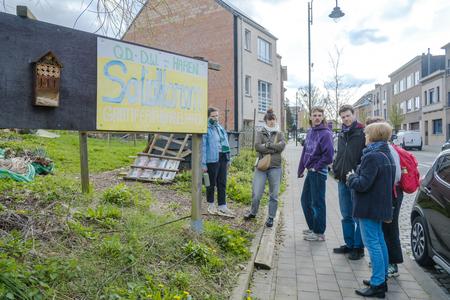
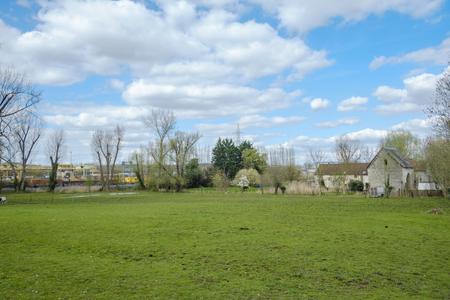


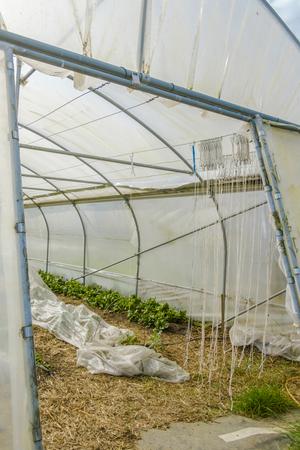


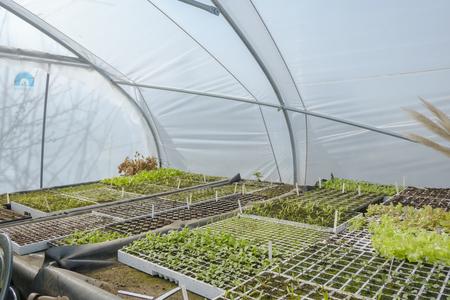
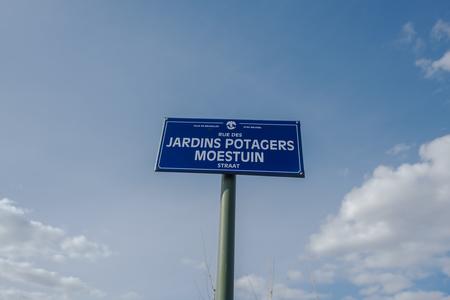

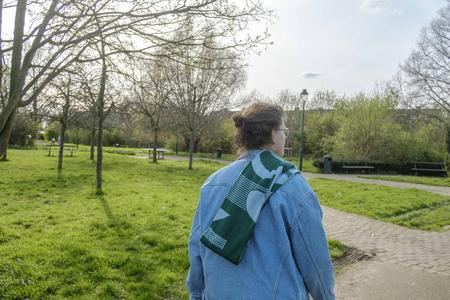

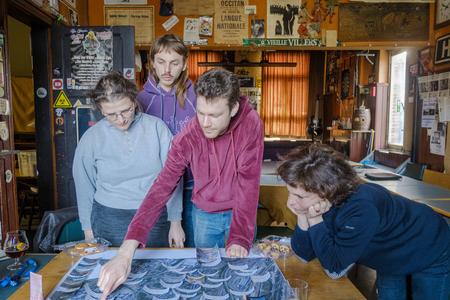
Village Dramaturgy
The countryside is an ambiguous place. It is increasingly separate from the city, and the opposition between agriculture and nature is growing. While village architecture is the subject of progressive research, nostalgic visions of the countryside are flourishing. Despite this, it is rarely the subject or context for the creation of art...
This is why the members of Kunstenplatform PLAN B are training in "Village Dramaturgy", a practice they invented themselves and that still needs defining. What questions can, should or will the village dramaturg ask?
These interrogations resonate with the 2022 edition of our annual festival: Feral. We spent part of it at an urban farm, Le Début des Haricots, and questioned the binary opposition between the urban and the rural by recomposing the idea of public space. We looked at the practices of artists and activists who are working in solidarity with their human and non-human neighbours.
The PLAN B Kunstenplatform project is spread over three areas: Alost, Genk and Brussels. Cifas is following the research going on in the quarter of Haren in Brussels.
The project in Haren
Kunstenplatform PLAN B are giving Village Dramaturgy a try in Haren, a village annexed by Brussels in 1921. Haren is a village-turned-quarter surrounded by industry, airports, railways, motorways and a prison complex. Despite all this, Haren feels like a village. The dynamics at play there ask the following question: what actually makes a village?
This research is being carried out by Aulona Fetahaj and Ewoud Vermote, who are mapping Haren by interviewing its inhabitants. They are meeting its communities and trying to understand the ways in which they relate to their environment and to each other. "Whoever lives will try to interact meaningfully with his environment," writes Simon Allemeersch in Why I hate participation. In the case of Haren, interacting has often meant protesting, culminating a few years ago in the mobilisation against the prison complex. By researching, filming and discussing, Aulona and Ewoud hope to explore how residents give meaning to their surroundings, giving shape to a village dramaturgy for Haren.
To know more:
Article on Village Dramaturgy in Rekto Verso
Kunstenplatform PLAN B
Kunstenplatform PLAN B works with imagination in the rural context. They support artistic practices, create presentation moments, and ask questions about rural reality. This is done through location-specific projects which are created both on their own initiative and at the invitation of various organisations. Recurring themes are the collective, the non-urban and the small-scale.
Aulona Fetahaj (she/her)
was born in Kosovo, grew up in Bruges, now lives in Brussels and works everywhere between Belgium and Kosovo. She studied film at Sint-Lukas where she made the films She Asked Me Where I Was From. In her films, she explores an understandable language to talk about notions of home, displacement, and the (re)construction of identities.
Ewoud Vermote
studied Social Sciences at Ghent University and film at LUCA School of Arts. He teaches at Sint-Lukas Kunsthumaniora and is part of Kunstenplatform PLAN B and the collective Seasonal Neighbours.
